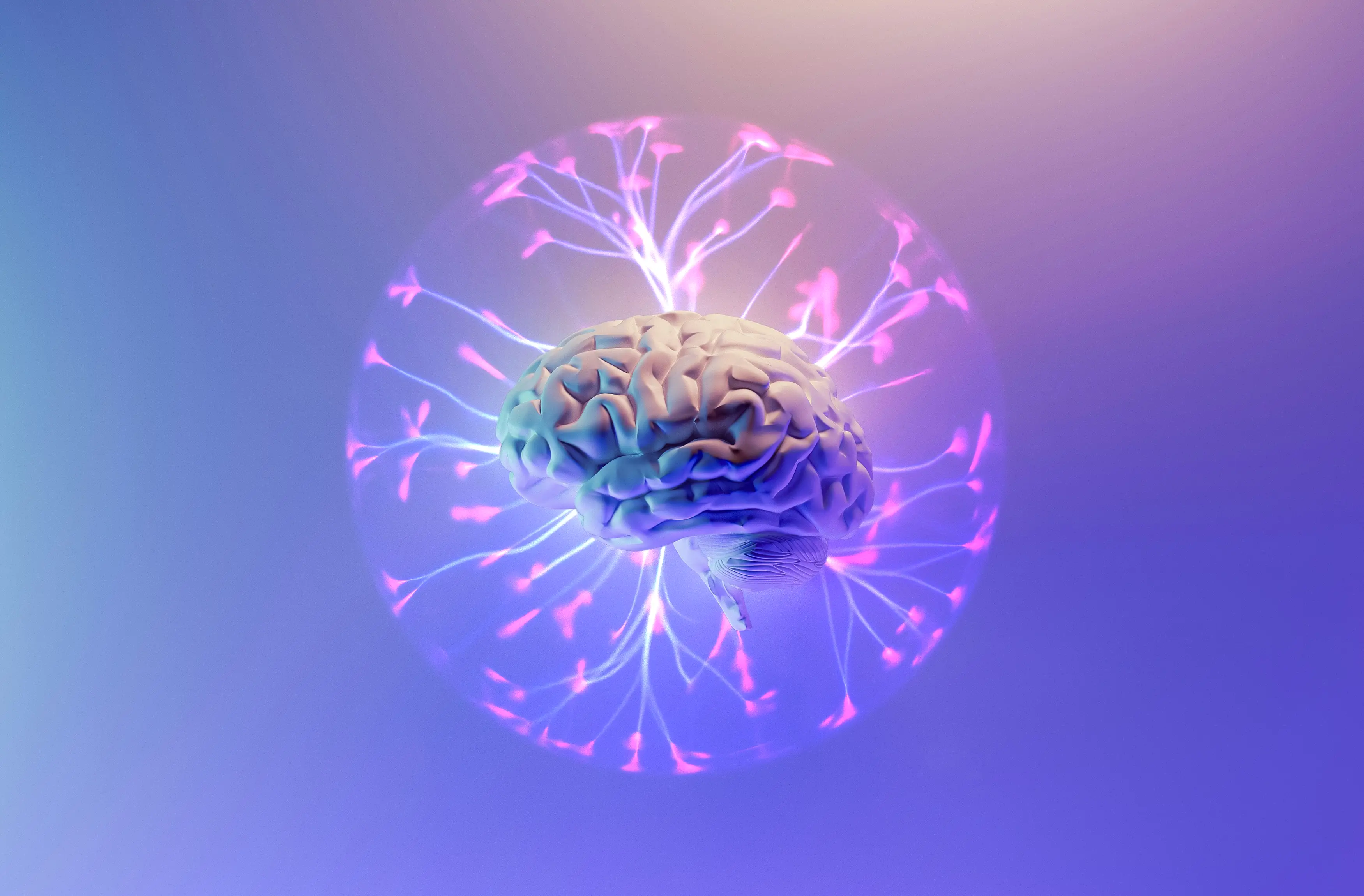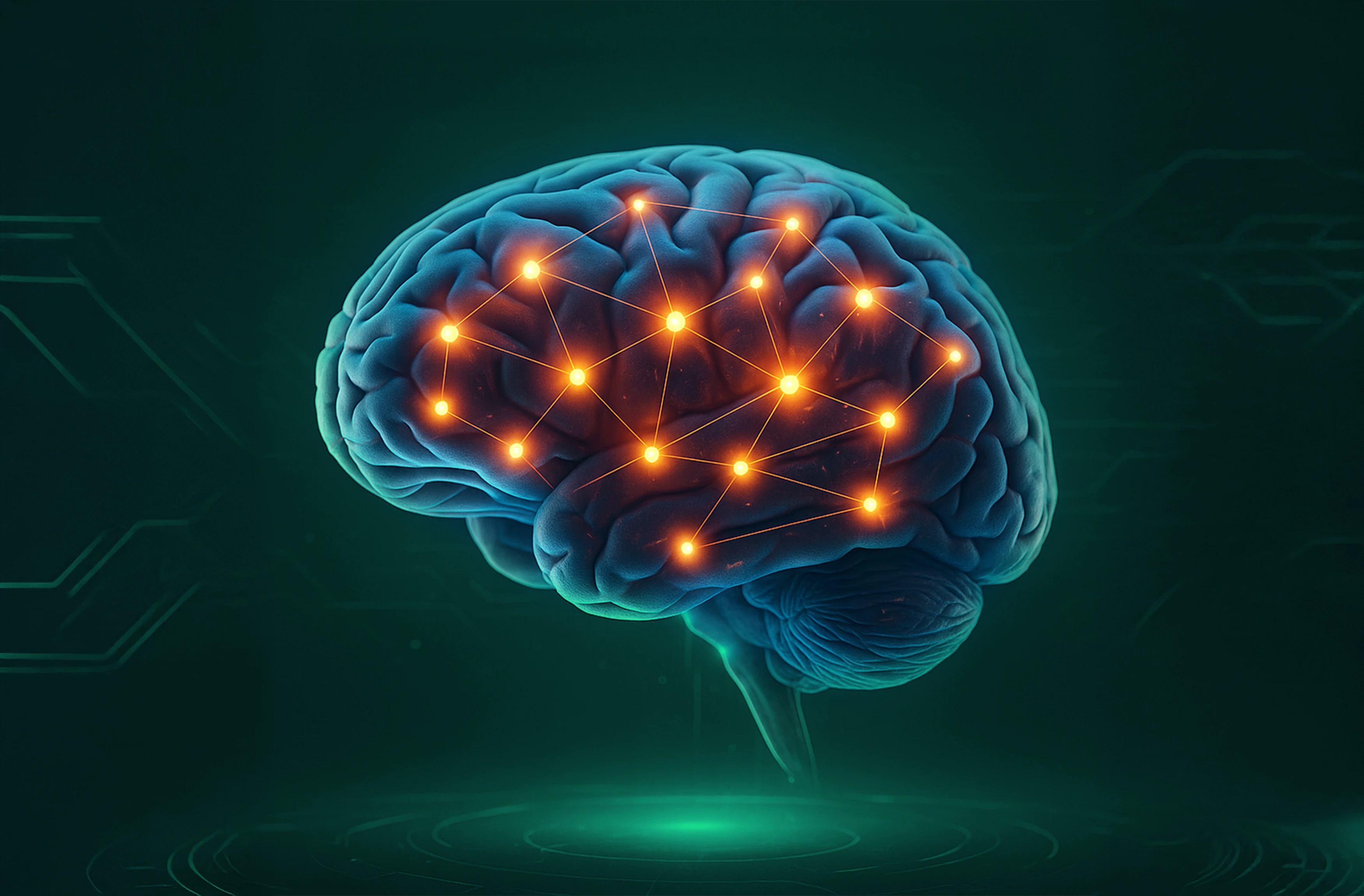7 Essential ADHD Brain Needs: Dr. Hallowell's Guide to Thriving with ADHD (2024)
Dr. Hallowell's Revolutionary Guide to Thriving with Attention Deficit Hyperactivity Disorder
What if everything you've been told about "managing" ADHD symptoms has been missing the point
Dr. Edward Hallowell, a Harvard-trained psychiatrist specializing in ADHD treatment who himself has attention deficit hyperactivity disorder, believes we've been asking the wrong questions. Instead of constantly focusing on ADHD symptoms and deficits, his groundbreaking 2023 book "ADHD Explained: Your Toolkit to Understanding and Thriving" asks a revolutionary question: **What does the ADHD brain need to truly flourish?
The answer isn't another ADHD medication adjustment or organizational app for attention deficit disorder. It's seven fundamental human needs that, when met, transform ADHD from a liability into an asset.
Understanding ADHD: Beyond Deficit-Based Thinking
For decades, ADHD treatment has centered on symptom suppression - reducing hyperactivity in ADHD, improving focus issues, minimizing ADHD impulsivity.
But Hallowell, who has spent 40 years treating adult ADHD and childhood ADHD while living with attention deficit hyperactivity disorder himself, discovered something profound: "when certain core needs are met, ADHD symptoms naturally decrease while ADHD strengths amplify."
These seven essentials for ADHD management aren't luxuries or nice-to-haves. They're neurological necessities that determine whether someone with ADHD merely survives or genuinely thrives with attention deficit hyperactivity disorder.
The 7 Essential ADHD Brain Requirements: Your Blueprint for Success
1. Leveraging ADHD Strengths: Your Daily Dopamine Source
ADHD brains have lower baseline dopamine levels, a key aspect of ADHD neurodiversity, making them constantly seek stimulation. When adults with ADHD regularly engage their strengths, they create a sustainable dopamine supply that reduces unhealthy stimulation-seeking behaviors common in attention deficit hyperactivity disorder.
ADHD in Practice: Sarah, a marketing manager with adult ADHD, struggled with detailed reports but excelled at brainstorming sessions. She negotiated with her boss to lead more creative workshops while delegating data analysis. Result? Her ADHD workplace accommodations improved her performance reviews, and her anxiety decreased.
ADHD Action Step: List three activities where ADHD hyperfocus works in your favor. Schedule at least one daily.
2. Strategic Delegation for ADHD: The Power of Accepting Limitations
The neurotypical world often preaches "work on your weaknesses," but for ADHD brains, this contradicts ADHD brain science. Hallowell's radical ADHD advice? "Stop trying to be good at everything."
ADHD Success Story: Marcus, an entrepreneur with ADHD, spent 10 hours weekly on bookkeeping - badly. This common ADHD executive function challenge was draining him. He hired a virtual assistant for $200/month. Those 10 hours now generate $5,000 in new business through activities that suit his ADHD brain wiring.
ADHD Management Tip: Identify your top three ADHD-related energy drains. Choose one to eliminate, automate, or delegate this week.
3. Creative Outlets for ADHD: Your Emotional Regulation System
The ADHD brain produces ideas at lightning speed - a hallmark of ADHD creativity. Without an outlet, this creativity becomes ADHD anxiety, restlessness, or destructive impulsivity. Creative expression isn't just fun for people with ADHD - it's therapeutic ADHD treatment.
ADHD and Creativity: Dr. Hallowell himself plays piano daily, not for performance but for ADHD emotional regulation. One ADHD patient discovered that 15 minutes of morning journaling replaced her need for ADHD anxiety medication.
ADHD Daily Practice: Commit to 10 minutes of creative expression as ADHD self-care with zero judgment about quality. Set a timer and create.
4. ADHD Organization Strategies: The Goldilocks Principle
Too little structure creates ADHD chaos; too much triggers ADHD opposition. ADHD brains need organizational systems that are "just right" - simple enough for ADHD maintenance, flexible enough for ADHD adaptability.
ADHD Organization in Practice: Instead of complex ADHD project management systems, Jennifer uses a single index card daily with three priorities. This ADHD-friendly system has lasted two years - longer than any ADHD app she's tried.
The ADHD 80/20 Rule: Focus on the 20% of organization that yields 80% of ADHD management results:
- A consistent ADHD morning routine (not perfect, just consistent)
- One capture point for all ADHD tasks
- A weekly ADHD planning review to reset
5. ADHD Support Systems: Your Executive Function Support Team
ADHD affects executive function - the brain's CEO. For ADHD adults, trusted advisors act as an external prefrontal cortex, providing perspective before ADHD impulsivity leads to mistakes.
ADHD Support Example: Before making any purchase over $500, Alex with ADHD texts his "ADHD advisory board" (two friends and his brother). This simple ADHD strategy has saved him from impulsive decisions common with attention deficit hyperactivity disorder.
Building Your ADHD Support Network:
- One person who understands ADHD
- One person who shares your values
- One person successful with ADHD management
6. ADHD and Relationships: Your Rejection Sensitivity Antidote
People with ADHD experience Rejection Sensitive Dysphoria (RSD) - intense emotional pain from perceived rejection, a common ADHD trait. Regular, positive connections create emotional resilience against this ADHD vulnerability.
ADHD Relationship Strategy: Tom with ADHD schedules "connection appointments" like ADHD coaching sessions — non-negotiable weekly calls with friends, monthly dinners with family. This structure ensures connection happens despite ADHD forgetfulness.
ADHD Research: Studies show that people with ADHD who maintain at least three close relationships report 40% lower ADHD-related anxiety and 50% higher life satisfaction.
7. Positive ADHD Identity: From Disorder to Difference
The stories we tell ourselves about ADHD become our reality. If your ADHD narrative focuses only on attention deficit disorder challenges, you'll live down to those expectations. Hallowell insists on reframing ADHD as neurodiversity, not just a disorder.
ADHD Reframe Exercise:
- Instead of: "My ADHD makes me scattered" → "My ADHD helps me see connections"
- Instead of: "ADHD ruins my focus" → "ADHD gives me hyperfocus superpowers"
- Instead of: "ADHD makes me too sensitive" → "ADHD lets me experience life deeply"
ADHD Success Practice: Maria keeps an "ADHD Wins" journal, documenting when ADHD helped rather than hindered. After six months, her ADHD self-talk transformed, improving her ADHD management.
The ADHD Compound Effect: When All Seven Align
Here's what Hallowell discovered about ADHD treatment: these essentials don't just add up - they multiply. When all seven ADHD needs are met, they create what he calls "the ADHD sweet spot" where:
- ADHD hyperfocus becomes a superpower
- ADHD creativity flows without chaos
- ADHD energy sustains without burnout
- Relationships deepen despite ADHD social challenges
- Work with ADHD feels like play
Your 30-Day ADHD Challenge: One Essential at a Time
Trying to implement all seven ADHD essentials at once triggers ADHD overwhelm. Instead, Hallowell recommends this ADHD-friendly approach:
Week 1: Audit your ADHD life against these seven essentials. Rate each from 1-10.
Week 2: Focus on your lowest-scoring ADHD essential. Make one small change.
Week 3: Add the second-lowest scoring ADHD essential.
Week 4: Integrate your ADHD strategies and adjust. Notice ADHD improvements.
The ADHD Paradigm Shift: From Managing to Thriving
Dr. Hallowell's ADHD framework represents a fundamental shift in how we approach attention deficit hyperactivity disorder. Instead of asking "How can I suppress my ADHD?" we ask "What does my ADHD brain need to thrive?"
This isn't about making ADHD excuses or avoiding growth. It's about working *with* your ADHD brain instead of against it. It's recognizing that the same ADHD brain wiring that creates challenges also creates gifts - if given the right environment for ADHD success.
Your Next ADHD Step
Choose one ADHD essential that resonates most strongly. Not the one you "should" work on — the one that makes your ADHD brain think, "Yes, I need this." Start there. Start small. Start your ADHD journey today.
Because as Dr. Hallowell reminds the ADHD community: **"ADHD is not a disorder of knowing what to do. It's a disorder of doing what you know."** These seven ADHD essentials bridge that gap.
Remember:
You don't have a broken brain. You have an ADHD Ferrari brain with bicycle brakes. These seven essentials? They're your ADHD-optimized braking system.
References:
Hallowell, E. M. (2023). *ADHD Explained: Your Toolkit to Understanding and Thriving*. Dorling Kindersley.
Hallowell, E. M., & Ratey, J. J. (2021). *ADHD 2.0: New Science and Essential Strategies for Thriving with Distraction*. Ballantine Books.
Barkley, R. A. (2022). *Executive Functions: What They Are, How They Work, and Why They Evolved*. Guilford Press.
Book your first consultation with BeneFida today — and let’s find what works for you.











.jpg)

